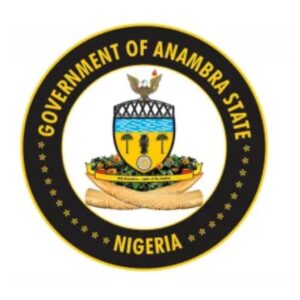In a recent decision by the Federal High Court in Lagos, Judge Yellin Bogoro dismissed a lawsuit challenging the use of Arabic inscriptions on Nigerian Naira notes. The case, filed by Lagos-based lawyer Malcom Omirhobo, raised concerns about the inclusion of Arabic alongside Nigeria’s official languages—English, Yoruba, Hausa, and Igbo.
Judge Bogoro emphasized that the Central Bank of Nigeria (CBN) has the legal authority, as stipulated under Section 53 (1) of the Banks and Other Financial Institutions Act (BOFIA), to design and issue currency. The court underscored the necessity to prove bad faith when challenging governmental actions, including those of the apex court.
Omirhobo argued that including Arabic on the Naira notes contradicts Nigeria’s constitutional provisions, as Arabic is not indigenous to the country. He filed the lawsuit in January 2020, citing constitutional violations and claiming that Arabic’s presence on national currency is inappropriate.
In response, the CBN filed a preliminary objection, questioning Omirhobo’s legal standing to bring the case and defending its decision. Three additional parties, including the Muslim Rights Concern (MURIC) and its founder Ishaq Akintola, joined the proceedings as defendants.
Judge Bogoro acknowledged Omirhobo’s standing as a taxpayer to initiate public interest litigation but ultimately ruled against him. The court concluded that Omirhobo failed to demonstrate that the CBN acted in bad faith, a crucial element necessary to sustain his challenge.
This decision highlights the complexities surrounding the cultural and constitutional significance of national symbols. While the court upheld the CBN’s authority to determine currency design, it also affirmed the importance of legal standing in challenging governmental actions.
While the lawsuit challenging Arabic inscriptions on Naira notes was dismissed, it raises broader questions about linguistic representation and constitutional interpretation in Nigeria.







